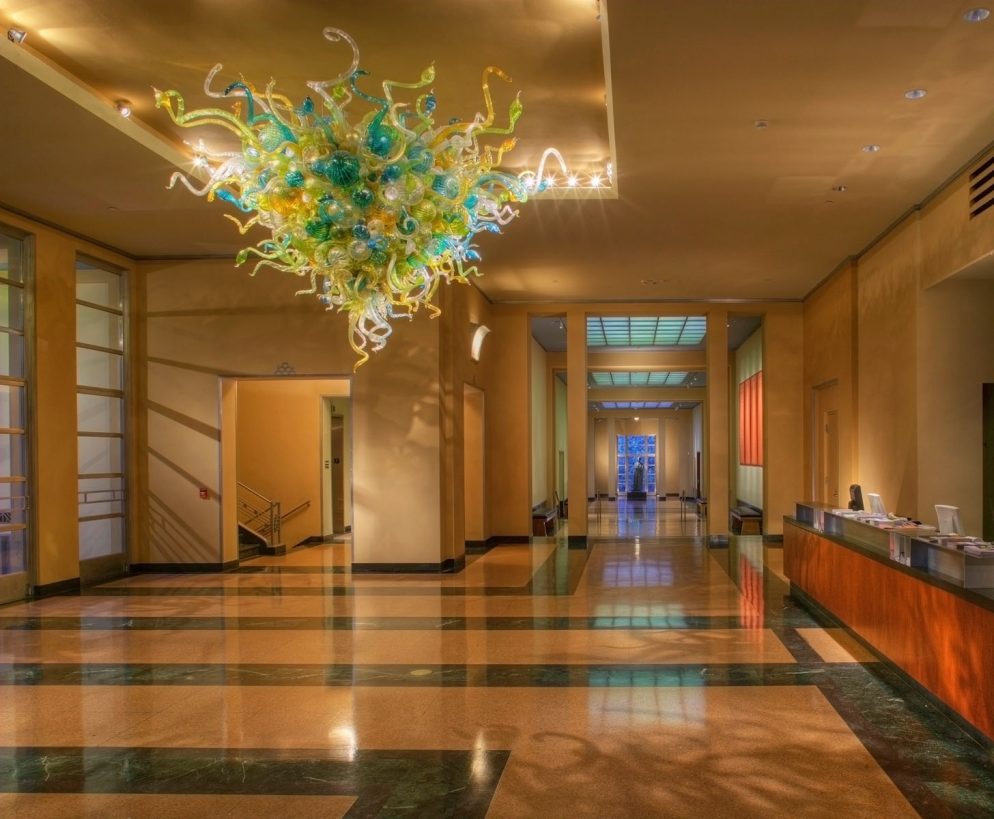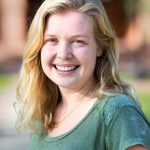Group projects are not uncommon for classes at Colorado College. While learning to take ownership in a shared goal, collaborate, and communicate are translatable skills from group projects to the real world, much of the time it is hard to feel entirely invested in a project that does not go beyond the block. At least that is how I have felt about group projects in the past. While I put my best effort into school work, no project has ever felt as purposeful as it did Block 1 in Professor Mark Smith’s environmental economics course. We learned economic theory and had multiple guest speakers from various climate change professions, but in the end most of our energy was dedicated toward the block-long class project.
By adding the Colorado Springs Fine Arts Center, CC drastically increased its carbon emissions, creating a major setback to the college’s 2020 goal for carbon neutrality. In an effort to reduce the FAC impact, the Board of Trustees’ budget committee allocated $17,000 to the CC Office of Sustainability for the purchase of carbon offsets and Renewable Energy Credits (RECs). As a class it was our job to gauge student opinion toward the goal of carbon neutrality and present the Office of Sustainability with recommendations for how the $17,000 should be spent.
Our project started with a campus-wide survey to get a sense of student opinion toward sustainability, interest in the 2020 goal for carbon neutrality, and what students feel is most important when purchasing carbon offsets and RECs — specifically location, cost, and charismatic projects (i.e.: high quality, certified, reputable). The survey was open to the entire school and for two days we stood at the Worner Center doors during the Rastall lunch rush where we encouraged students to take the survey. Five hundred students, distributed evenly across the grades, took the survey.
The primary conclusions from the survey were that students were passionate about climate change and wanted to see CC meet the goal of carbon neutrality by 2020. That said, students also had opinions on location and charismatic projects as more than 60 percent of students wanted carbon offsets and RECs to be purchased in state, and 48 percent specifically wanted to see land-use, land use change, and forestry carbon offsets purchases.
Once student opinions had been gathered we spoke with Steve McDougal ’87, CEO and founder of 3Degrees. Steve consulted the class on viable carbon offset and REC opinions that would be cost efficient in order to help meet the 2020 goal of carbon neutrality and could be purchased locally. From there we were able to construct three viable proposals to present to the Office of Sustainability.
Our primary recommendation addressed student preference on locality, in which we suggested purchasing Colorado wind energy and flaring methane at the Larimer County Landfill near Fort Collins. This option also provided a budget surplus of $8,398, which could be used for other on-campus initiatives aimed at reducing carbon emissions, or educational projects and trips surrounding the local wind farm and Larimer County Landfill.
Our research and recommendations currently are under consideration by the Office of Sustainability. Likely, our research on various carbon offset and REC options for the FAC will be scaled up and applied campus-wide in an effort to reach carbon neutrality by 2020.
This project taught me lessons in leadership, delegation, organization, communication, professionalism, and ownership. This project was not just about my grade; rather the time and energy that my peers and I invested into this project was purposeful. It was about helping our school and the environment, both things that we all feel invested in. It is this real-life application of class material that makes CC a unique educational experience.

